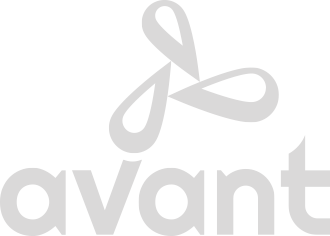Have you ever walked away from a project or a meeting that didn’t go as planned scratching your head, wondering what went wrong? Did you look to your development plan for an answer? Probably not.
I have been working on a development plan with an emerging leader who was recently promoted to her first VP role. We’ll call her Claire. After just a couple of sessions, she realized how little she looked to her development when things didn’t go as intended.
She recently told me, “As I’ve gone through this process, I have had these lightbulb moments of reflection, looking back to a situation where I failed at something and I walked away from that failure thinking I needed to work on a better business case proposal, relook at the math, reanalyze the data; but it was actually about how I handled a high stakes conversation.”
Claire is going to be the focal point of our five-part series on the importance of a development plan. This series will outline:
- the difference between a business goal and a development goal,
- how to build a transition plan that evolves into a development plan,
- how to overcome roadblocks to your development plan, and
- why meaningful feedback is critical to the success of your development.
But first, what exactly is a development plan?
Ideally, it is a living document that when chunked into proper learning segments, serves as a roadmap to you (the learner) and the organization in support of your growth and readying you for future roles. The plan needs to be supported by a routine follow up cadence (formal and informal) with your manager and career sponsors to reinforce positive momentum and adjust the plan appropriately. It is different than setting a business plan, which tends to be black and white. When it comes to professional growth and development, a lot of the growth is underneath the surface and less visible to others.
It is essential to have an alignment meeting at the outset of the process to ensure you and your leader/sponsor agree with your overall goals and key action steps. It is important to keep your development plan confidential and kept separately from traditional employee files. A development plan is not a performance improvement plan but rather it supports employee growth and development. It is likely that an employee’s growth will be associated with his/her business goals but they are not the same.
Five simple truths: Development
Below are five factors essential to driving your behavior change, polishing a strength and/or acquiring a new skill.
- Self-awareness / self-monitoring
- Desire / motivation to change
- Ability to change
- Energy and discipline to make changes
- Support systems available
Development components
Part of professional performance and development involves recognizing the key components of skill building.
- Knowledge is required to first understand the development need and to recognize alternative or new behaviors.
- Attitude requires you to have a growth mindset, which is the key to persisting on your journey.
- Practice is required because adults learn by doing and demonstrating their skills. This is a continuous, disciplined approach rather than “one and done” (like a seminar).
- Feedback is required to make course corrections, reinforce change and fine tune a well-rehearsed skill. This means ongoing feedback loops are essential to aid learning.
The growth that comes throughout a career can be both challenging and rewarding. While practicing a behavior or skill can be quite complex, I have found that in my practice the most difficult step once you get through self-awareness is drafting the plan. So, let’s get to it! Stay tuned for the next blog in this series, which will focus on the difference between business goals and development goals.
This is the first article in a five-part series on the importance of a development plan. Watch for future articles about the difference between a business goal and a development goal, how to build a transition plan that evolves into a development plan, how to overcome roadblocks to your development plan, and why meaningful feedback is critical to the success of your development.

